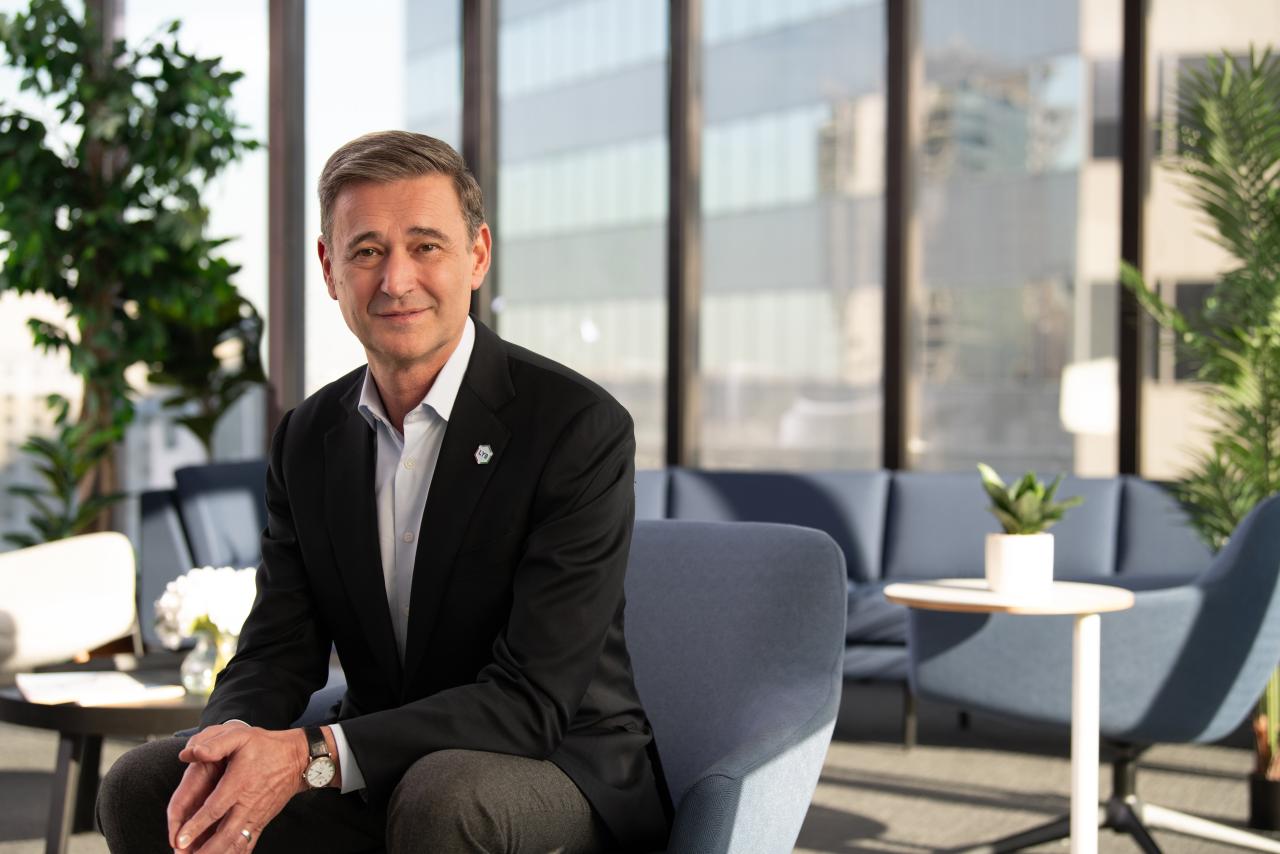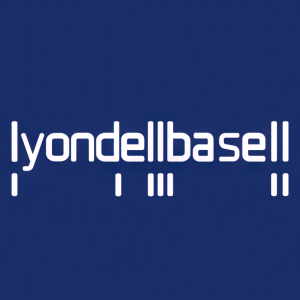What It Takes To Solve Plastic Pollution
Rhea-AI Summary
LyondellBasell (LYB) CEO Peter Vanacker shares insights on addressing plastic pollution ahead of UN negotiations in Busan, South Korea. The company emphasizes the importance of plastics in modern life while advocating for sustainable solutions. Europe's plastics recycling rate is approaching 27%, with chemical recycling investments expected to reach 8 billion Euros by 2030. In the US, over 103 investments worth $11+ billion have been announced in recycling since 2017. LYB is establishing its first commercial-scale chemical recycling unit in Germany, capable of processing waste from 1.2 million citizens, and considering a second facility in Houston with double capacity.
Positive
- Building first commercial-scale chemical recycling unit in Germany with significant waste processing capacity
- Planning second recycling unit in Houston with double capacity
- Expanding into recycled and renewable-based raw materials production
Negative
- None.
News Market Reaction
On the day this news was published, LYB declined 0.62%, reflecting a mild negative market reaction.
Data tracked by StockTitan Argus on the day of publication.
NORTHAMPTON, MA / ACCESSWIRE / October 29, 2024 / LyondellBasell
By Peter Vanacker, CEO, LyondellBasell (NYSE:LYB)
This CEO opinion piece was originally published by Sustainable Plastics: https://www.sustainableplastics.com/news/lyondellbasell-ceo-weighs-what-it-takes-solve-plastic-pollution
Solving the challenge of plastic pollution requires holistic approaches focused on creating value across the environment, society and the economy. This is a critical message LYB will share in the next negotiating round toward a global agreement on plastic pollution this November. Hosted by the U.N. Environmental Programme, the negotiations will occur in Busan, South Korea, Nov. 25-Dec. 1.
Representing one of the world's largest petrochemical companies, my team looks forward to sharing with governments how the business of chemistry enables modern living while advancing a sustainable future.
Plastics play an important role in shaping life as we know it. From packaging and transportation to medical devices and electronics, their versatility and durability have revolutionized countless industries.
By enabling lighter, more material-efficient products, and facilitating the incorporation of recycled materials, plastics are essential to enabling a sustainable lifestyle. For example, plastics are the building blocks for packaging that prevents food waste and its associated greenhouse gas (GHG) emissions ― already estimated at
It is no surprise these properties and benefits continue to drive high demand for plastics. Demand for, and adoption of, sustainable solutions is also on the rise, resulting in expanded opportunities for recycled, renewable, bio-based and lower-carbon footprint plastics.
Most important, numerous regions have already demonstrated the feasibility of increasing plastics recycling rates.
In Europe, the plastics recycling rate is nearing
These advancements prove that with the right infrastructure and policies, we can address the environmental challenges associated with plastics, while meeting the ongoing demand for this valuable material.
Contributing to this positive momentum, LYB is gradually introducing more recycled and renewable-based raw materials into its production processes. This switch is helping us advance the incremental shift away from fossil feedstock, prevent plastic leakage and meet demand for circular products.
Recently, we laid the foundation of our first, commercial-scale chemical recycling unit in Germany and are evaluating an investment in a second unit, with twice the capacity, in Houston. For context, our German asset will have the potential to convert the hard-to-recycle plastic waste of 1.2 million German citizens each year into valuable raw materials to make new products.
Yet, as an industry and society, we are still in the early stages of this transition. We must accelerate progress to bridge the supply gap for circular and lower carbon solutions. The next negotiating round toward a U.N. plastics agreement provides significant opportunities for LYB, industry and governments to make progress in the circularity space.
Here are several topline policy considerations to help advance negotiations; it is crucial as many countries as possible embrace them. I encourage all involved in the negotiations to put their differences aside and reach an agreement creating a strong starting point to help end plastic pollution.
Shifting global plastics and chemicals production toward greater circularity requires specific policy drivers. Those include: extended producer responsibility, recycled-content and recycling-rate mandates, product-design standards for circularity, development of waste management infrastructure and consumer education.
Chemical recycling is also essential to plastics circularity. Complementary to other recycling methods, it helps reclaim valuable molecules from post-use plastics mechanical recycling cannot process. This manufacturing technology needs to count toward recycled-content targets, leveraging mass balance accounting, a proven, fully auditable tool that provides transparency and traceability of recycled content across supply chains. Notably, mass balance has long been in use among coffee and wood producers.
Conversely, mandatory production caps or bans would limit availability of plastics for vital, everyday applications. Developing nations, especially those reliant on products serving public infrastructure needs at affordable prices, could suffer most from such short-sighted policies.
Let's choose the best materials based on their applications, environmental impacts, markets, geographies and infrastructure capabilities. Proposed limits on plastic use should undergo robust scientific and economic analysis, considering regional implications of using alternative materials over a product's lifecycle.
As we evaluate various solutions, I call on leaders involved in U.N. negotiations to harness our company and industry expertise to reach an ambitious yet feasible agreement on plastic pollution. Through effective collaboration, significant opportunities abound to create an economically viable, global market for circular products while generating societal value.
*Source: "And if food goes to the landfill and rots, it produces methane-a greenhouse gas even more potent than carbon dioxide. About

View additional multimedia and more ESG storytelling from LyondellBasell on 3blmedia.com.
Contact Info:
Spokesperson: LyondellBasell
Website: https://www.3blmedia.com/profiles/lyondellbasell
Email: info@3blmedia.com
SOURCE: LyondellBasell
View the original press release on accesswire.com







